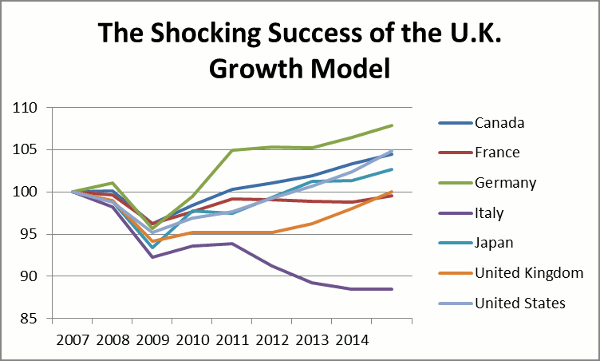2015 — 26 September: Saturday
"When did 'average' come to mean below average?" asks a programme teaser.1 It never did here in Technology Towers. I shall be glad when the broadcast of Max Richter's 8-hour long "Sleep" is over, too, as the increasingly irritating teasers for that will then cease and desist.
Somehow...
... I've managed to accumulate (excluding spoken material [and much of the classical music]) just shy of 77,000 music files. Many of these are radio programmes with all sorts of music in them. The files disport themselves across 739GB which is (I remind myself) about 38,000x more than the 20MB disk space my Acorn Archimedes A440 RISC PC had from new in 1989.
In between bouts of file wrangling I continue to sift through just the first box file of ancient magazine clippings, finding much to amuse me. Well, "amuse" isn't always quite le mot juste:
[In 1988] Copson's next scheme was to take the [industrial and agricultural] waste out to sea in ships built at North East Shipbuilders, and pipe it down on to the sea floor. It would stay put, Copson assured his transfixed audience, because of the weak currents at that depth and because of the sheer weight of water above it.
I was reading...
... some rather more recent (but equally disparaging) remarks here about the lack of economics insight purportedly displayed by "firebrand-historian" Niall Ferguson.2 After first pausing to admire along the way a chart of the effect my retirement in 2007 has clearly now been shown to have had on several major economies...

I tried to satisfy myself on the provenance of this dubious chart, diving (unsuccessfully) into the rabbit warren that is the IMF's website in search of the data behind it. Life, it turns out, is too short to struggle for very long through their amazingly bland, self-contented, and horribly multi-layered banal prose.
I broke off to answer Mr Postie's knock on my door, thereby admitting two further contenders for my attention — one new(ish) and one very far from new...

The title on the left is a direct result of my recent siftings. (Having just read a now two-decade old extract from it, I was pleasantly surprised to find this 1996 revised reprint of Bernard Dixon's book was still readily available.) The title on the right replaces my (foolishly-culled) copy (same edition!) from 1964. It's a populist collection of Lyall Watson "Supernature"-style science "mysteries".3
Out in what I suppose...
... I will always think of as Christa's garden, it's just a question of scaring away the enormous cat, dodging the enormous Boris occupying his web at face level, treading roughly where you think you can last remember seeing the path, getting the lighting right, and then just pressing the little button. Followed, of course, by five minutes spent brushing seeds from your trousers. And less than a minute importing the file, cropping it, scaling it down, and sending it over to Texas:

Voilà!
Then, in case that isn't quite enough fresh air and exercise for one day:

Not too shabby for a 34-year-old garden, Christa.